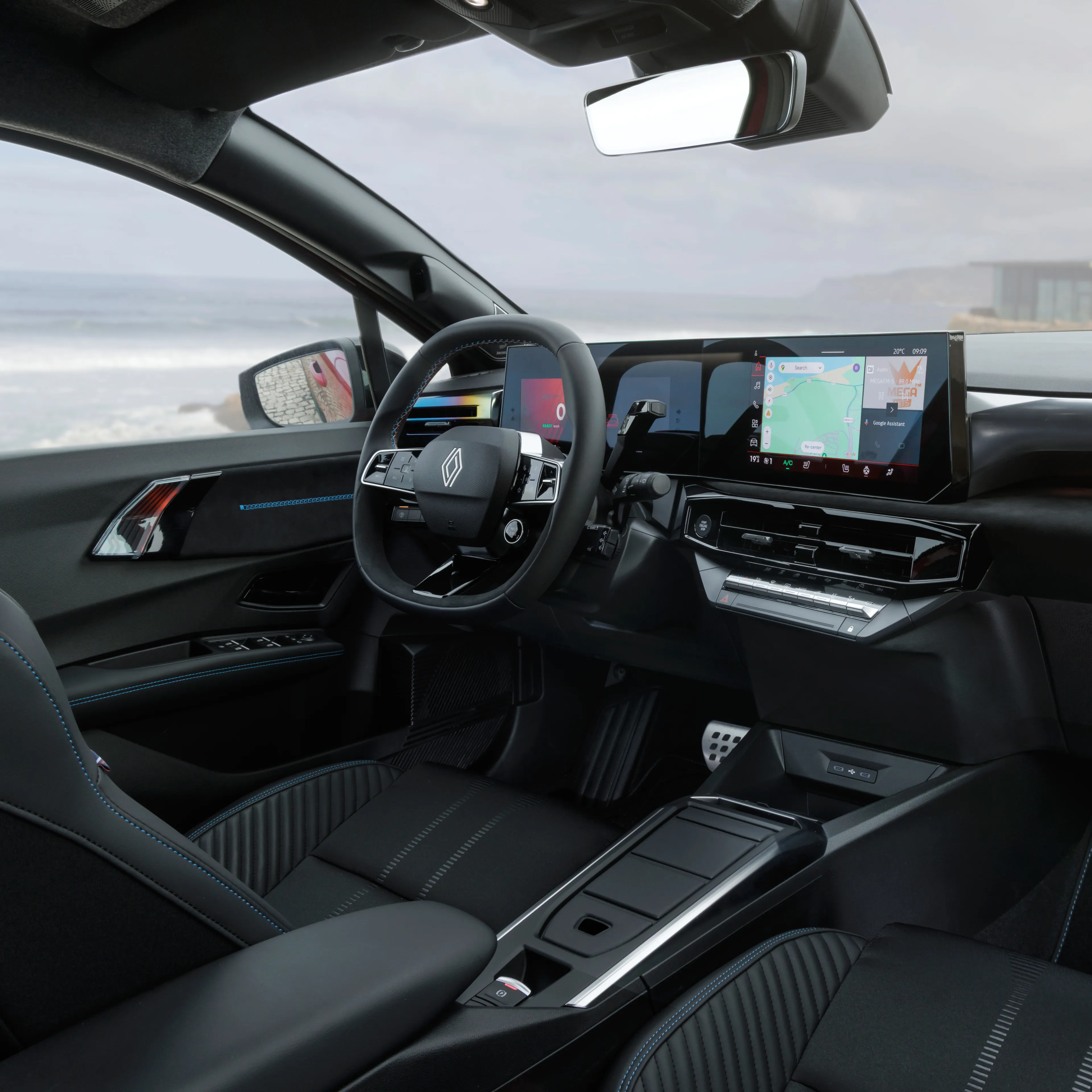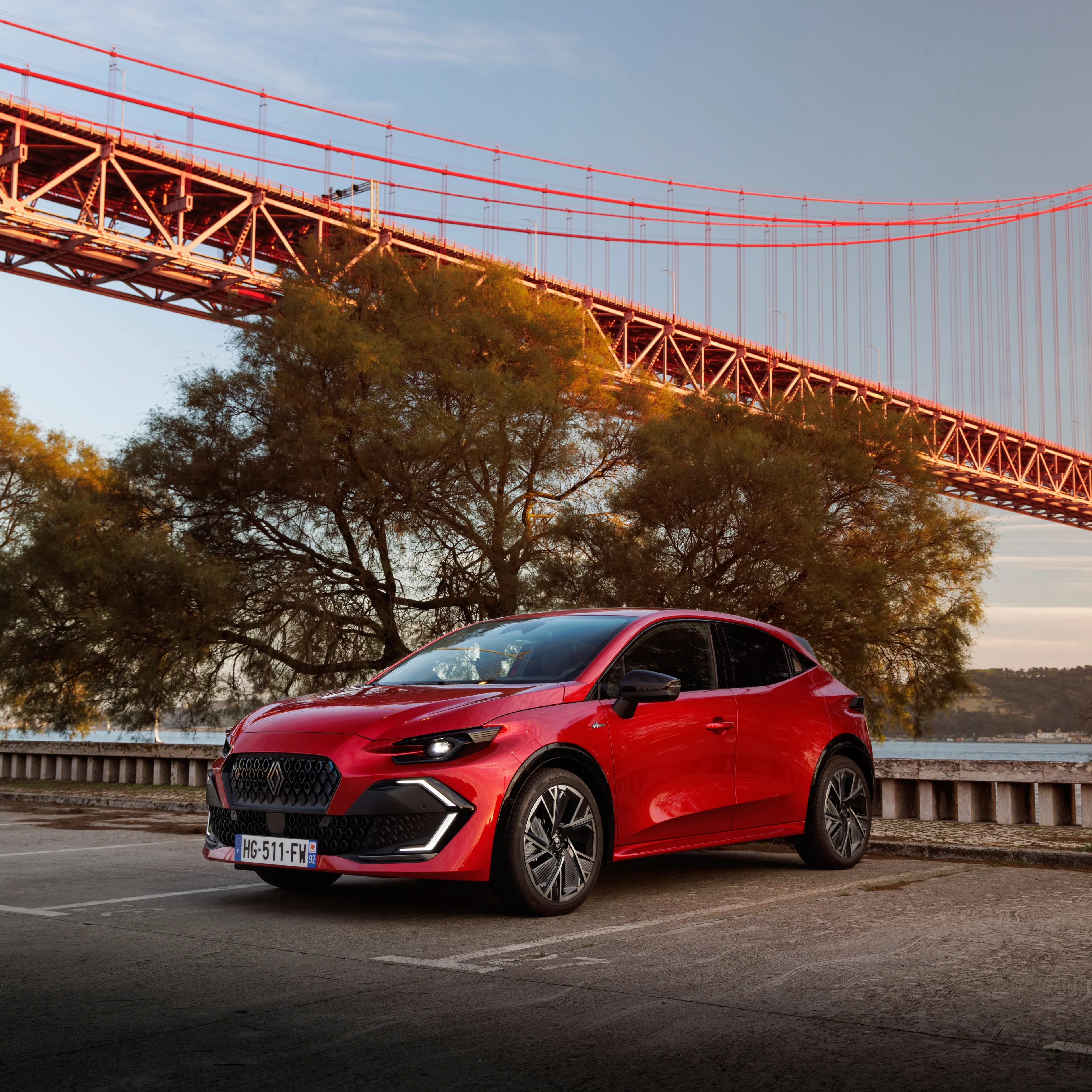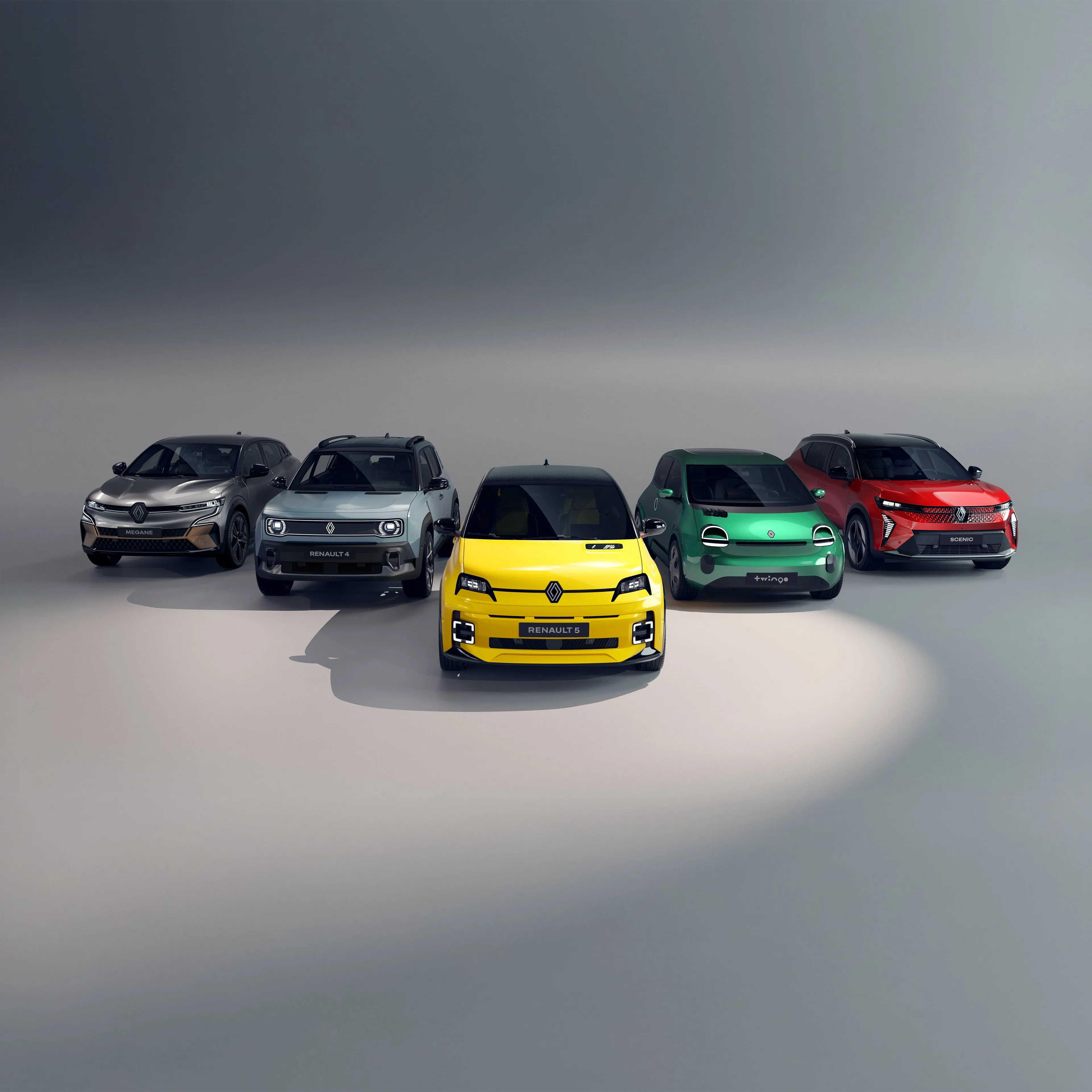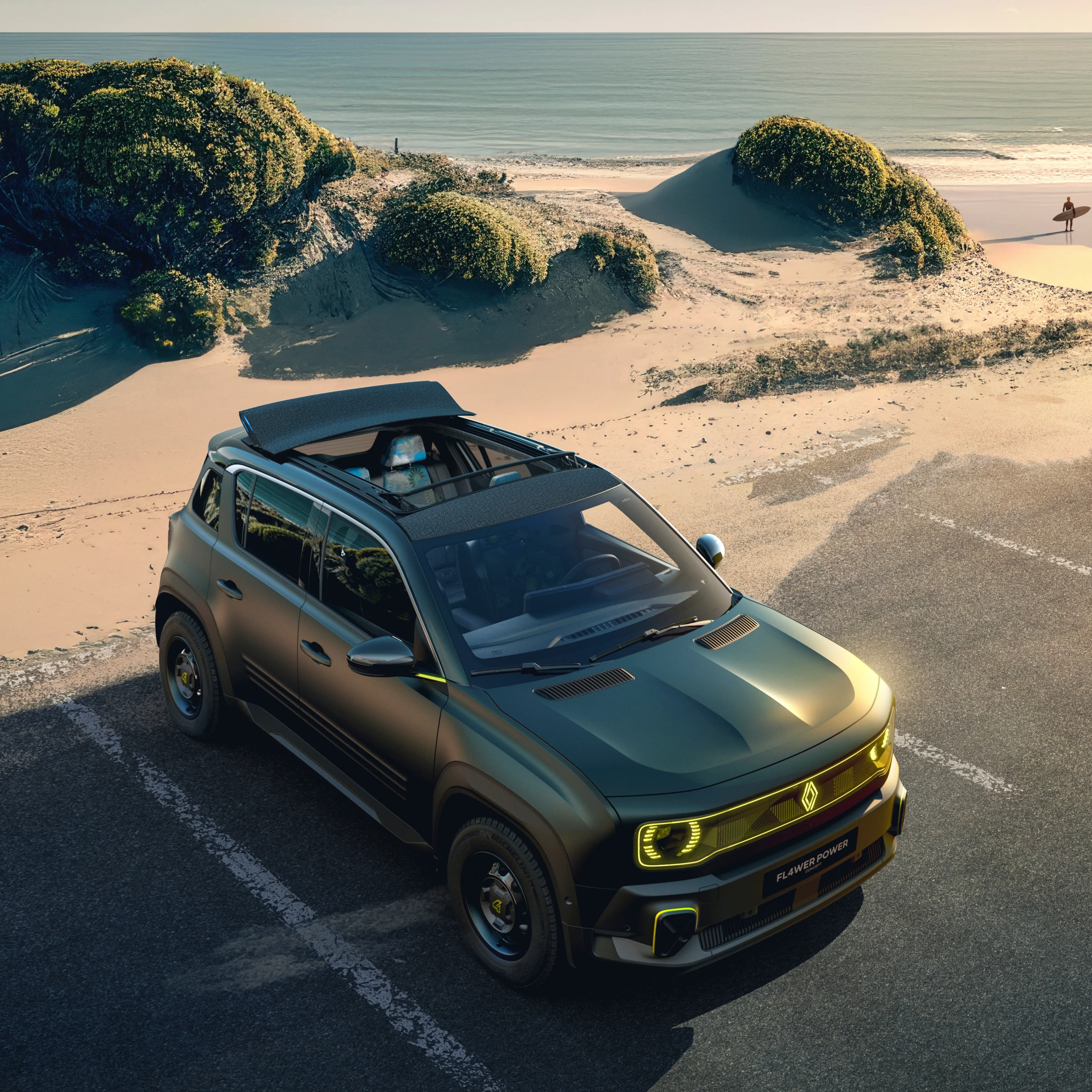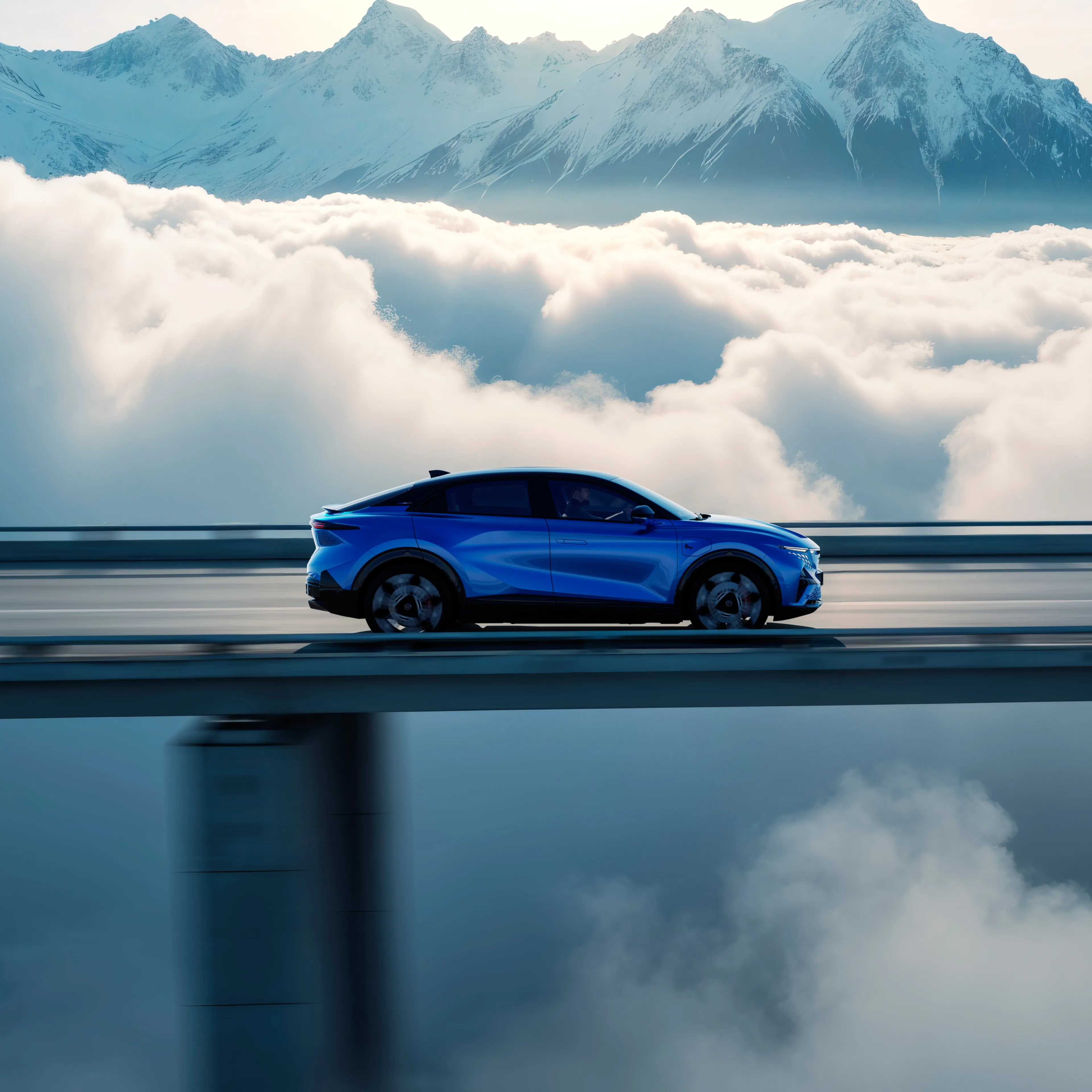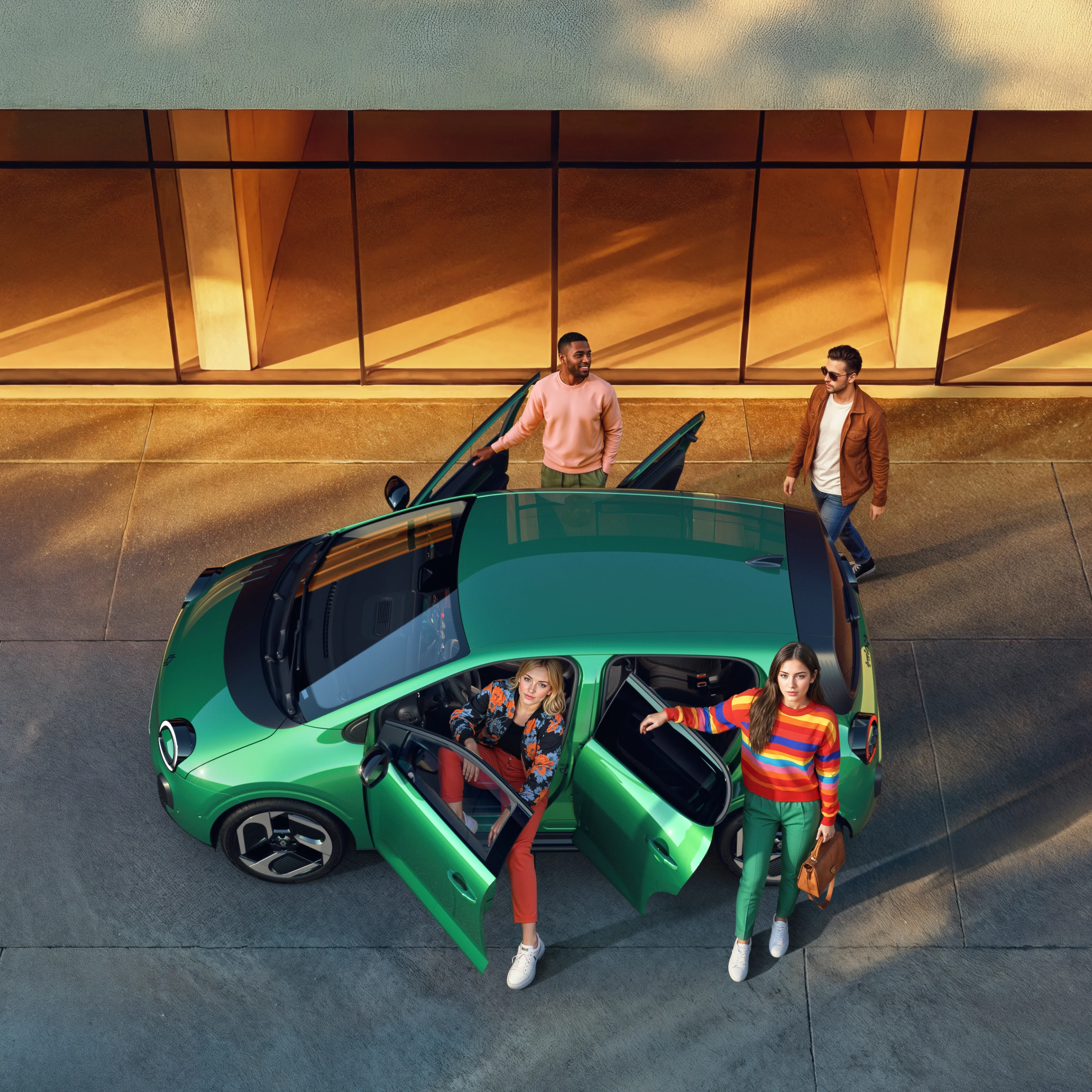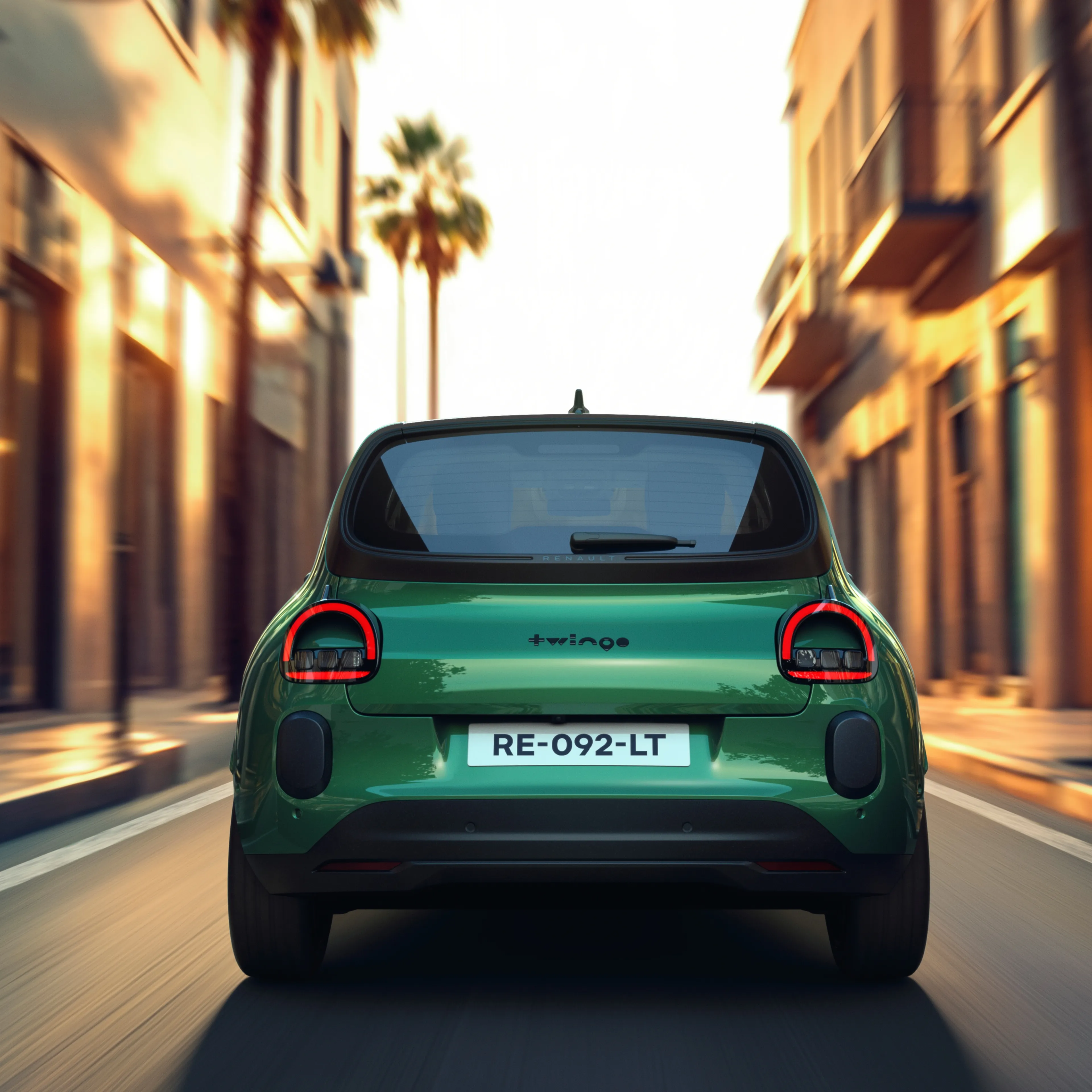Decarbonization, competitiveness and resilience: the challenge of the coming years
Published on
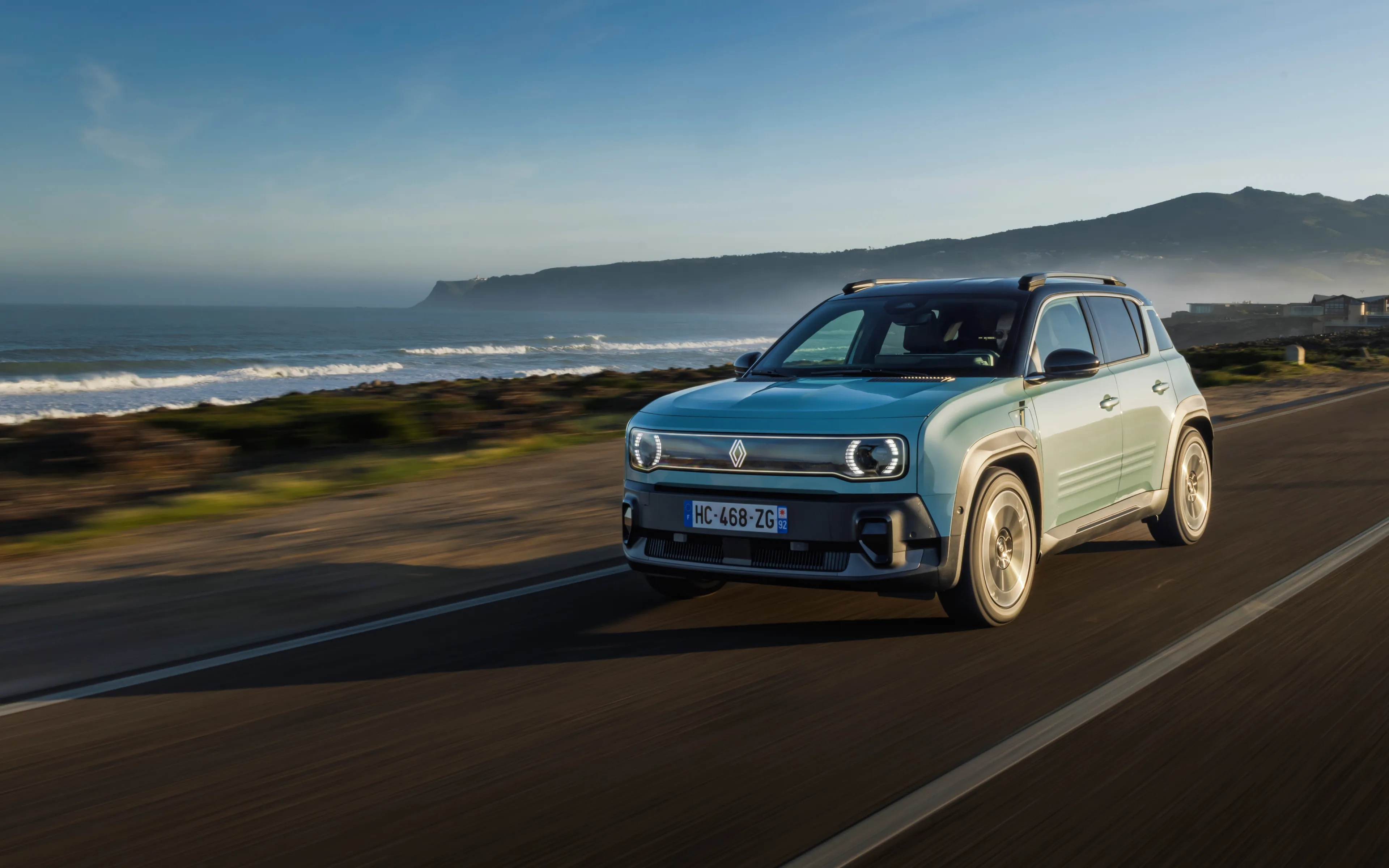
Ten years after the signing of the Paris Climate Agreement, Renault Group is activating multiple levers to reduce greenhouse gas emissions from its activities, with a clear goal in mind: accelerating its shift to electric vehicles while helping customers adopt them, without compromising competitiveness, profitability, or employee employability.
The energy transition challenge
The need to decarbonize the economy, rapid technological shifts, volatile raw material prices, stricter regulations, competition from China, geopolitical tensions and their impact on global trade tariffs… Among all the challenges facing the European automotive industry today, the energy transition stands out and even fuels all the others.
As we mark the tenth anniversary of the Paris Agreement on December 12, 2015 - an emblematic decision to keep global temperature rise “well below” 2°C compared to pre-industrial levels - this is the perfect time to review Renault Group’s decarbonization strategy.
Cutting carbon emissions driving climate change
For more than a decade, the company has worked to reduce greenhouse gas emissions across all its activities - upstream and downstream of vehicle manufacturing - covering the entire lifecycle of the car.
Its ambition? To contribute to carbon neutrality and aim for net-zero carbon emissions by 2040 in Europe and 2050 worldwide.
Between 2019 and 2024, CO₂e* emissions from the use phase of our vehicles dropped by nearly 40%, while emissions from assembly in Group factories were cut in half.
Several factors explain these results. First and foremost, the company has placed decarbonization on par with its competitiveness and performance indicators. The goal is to embed a cross-functional approach to sustainability at every level and in every department.
*Greenhouse gas emissions responsible for climate change are calculated in CO₂ equivalent (CO₂e).
Circular economy and eco-design upstream
Efforts start at the design stage. Materials used in our products account for 10–40% of Renault Group’s carbon footprint, making eco-design a powerful decarbonization lever.
Eco-designing a vehicle means:
- Reducing the number of parts and material quantities used
- Favoring manufacturing processes that consume less energy
- Increasing the share of recycled and/or bio-based materials
- Anticipating recycling and boosting reuse of parts and materials
For example, the new Clio boasts a record share of circular economy materials : over one-third of its weight! It also contains twice as much recycled plastic as the European automotive market average.
Energy optimization at production sites
To achieve low-carbon operations at its industrial sites, Renault Group relies on two key levers:
- Energy efficiency, reducing consumption at sites or in energy-intensive workshops like paint shops, where usage has been cut by 45%.
- Renewable energy sourcing, such as wind power at the Tangier and Somaca plants in Morocco and solar power in Brazil.
Supply chain activities, both upstream with suppliers and downstream in logistics, are also targeted. Renault Group enforces a responsible purchasing policy, making suppliers’ environmental and social practices, including their own decarbonization strategies, a key selection criterion.
On the logistics side, teams focus on route optimization and low-carbon transport fleets. Additionally, the logistics division uses an ecosystem of innovative control towers to ensure supply continuity in case of disruptions often caused by climate-related events.
Electric vehicles: the main lever for automotive decarbonization
Beyond these initiatives, the most radical solution for reducing impact and enabling low-carbon mobility is electrifying vehicle lineups.

“Switching to electric vehicles is the most decisive way to reduce our impact.”
Cléa Martinet
Chief Sustainability Officer, Renault Group
Electric powertrains produce zero tailpipe emissions, cutting lifecycle carbon footprint by half compared to combustion vehicles. Today, Renault Group offers around ten electric models - passenger and commercial - and about fifteen if hybrids are included, which also reduce emissions compared to traditional combustion engines.
To accelerate, Renault Group created Ampere, a dedicated EV and software entity, and built a competitive ecosystem with assembly plants, an electric motor production site within ElectriCity, and battery gigafactories through partners AESC and Verkor.
Energy transition must go together with employees’ employability
The shift to electric requires new expertise and skills, different from those for combustion technology, demanding significant training efforts. Renault Group has met this challenge through its training campuses under the umbrella of ReKnow University, its corporate university launched in 2021, which has trained nearly 40,000 people to date.
Helping customers choose electric vehicles
The next challenge? Driving EV adoption, which accounted for only 13.6% of European sales at the end of 2024, a situation partly due to manufacturing costs and, therefore, price.
Here again, Renault Group relies on Ampere, which has already cut Twingo’s development time from five years to under two, enabling a starting price of around €20,000.
For a sustainable and competitive European mobility
At the latest edition of ChangeNOW, the global summit for planet-positive solutions held from April 24 to 26, 2025, Josep-Maria Recasens, Chief Strategy, Product & Program Officer at Renault Group and CEO of Ampere, and Cléa Martinet, Chief Sustainability Officer at Renault Group and Ampere, took part in a panel discussion on the theme: “How to decarbonize the industrial sector?”
On this occasion, they emphasized that the rise of a more sustainable European mobility cannot come at the expense of the automotive sector’s competitiveness and profitability, a sector that accounts for 7% of the EU’s GDP, employs 13 million people, represents 10% of EU exports, and invests nearly €60 billion annually in research and development.
![]()
Find out more about our ESG strategy key pillars

FAQ
What is decarbonization?
Decarbonization refers to all actions aimed at reducing greenhouse gas emissions, such as carbon dioxide or methane, that are responsible for global warming. These actions can be taken by an entity, a company, a city, a region, or a country.
A company’s carbon footprint, or carbon balance, represents the total amount of greenhouse gases emitted throughout the entire lifecycle of its activities. This includes production, product use, and end-of-life disposal.
The carbon footprint of an automaker like Renault Group includes emissions from the extraction of raw materials used to manufacture parts, their transformation by suppliers, and vehicle assembly in factories. It also accounts for emissions during the vehicle’s use phase, including maintenance. In this phase, greenhouse gas emissions from fuel production, whether for combustion engines, electric, hybrid, or hydrogen powertrains, are included. Finally, emissions from recycling the vehicle at the end of its life are added.
Renault Group acts across the entire vehicle lifecycle – design, sourcing of parts and materials, upstream and downstream logistics, factory production, usage, and recycling – to reduce emissions and lower its carbon footprint. The company has implemented several levers, including eco-design, circular economy practices, energy efficiency, renewable energy use, improved aerodynamics and weight reduction, electric and hybrid powertrains, and recycling.
Renault Group aims to achieve net-zero carbon emissions by 2040 in Europe and by 2050 worldwide. The company has set intermediate targets for 2030, including reducing emissions from industrial activities by more than 62% and cutting emissions from manufacturing, supplier sourcing, vehicle use, and upstream and downstream logistics operations by 27%
Find out more information with Renault Group’s climate report
